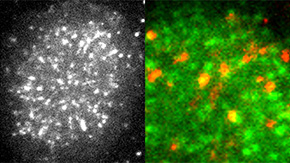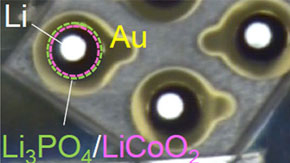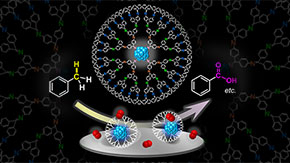Tokyo Tech Bulletin is an email newsletter introducing Tokyo Tech's research, education, and students' activities. The latest edition, "Tokyo Tech Bulletin No. 52," has been published.
To get the most recent news from the Institute directly to your inbox, subscribe to Tokyo Tech Bulletin outer now.
SPECIAL TOPICS
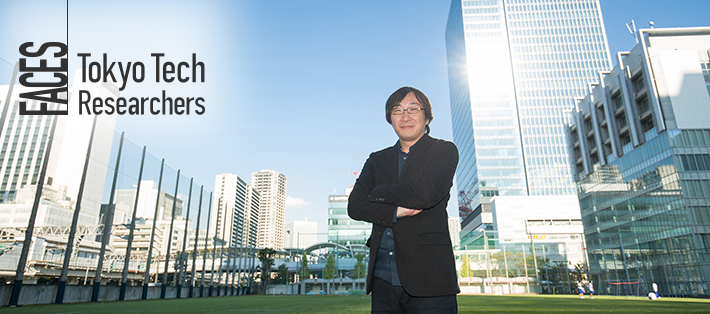
Yuya Kajikawa - How do we innovate? - Finding a way using data analysis and knowledge engineering
With the hope of creating a society where people can achieve their full potential, Yuya Kajikawa, professor at the School of Environment and Society, is working to establish a methodology for innovation.

NASA's Mary Voytek appointed executive director of ELSI
Mary A. Voytek, director of the Astrobiology Program at the National Aeronautics and Space Administration (NASA) headquarters, has joined the Earth-Life Science Institute (ELSI) as its executive director.
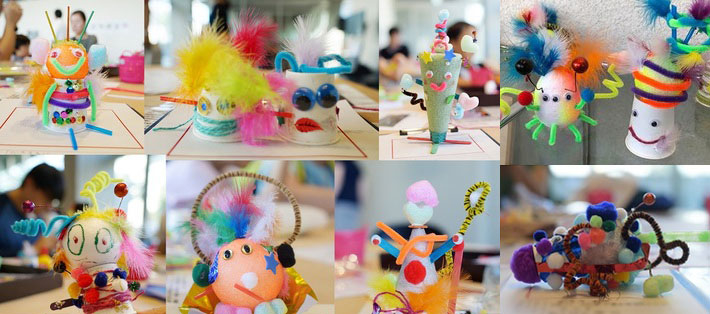
A Day with Aliens at the Tokyo Tech Festival
There were aliens with long legs to cope with very wet planets, aliens with hard skin to withstand intense UV radiation from planets close to a star, and even aliens with six eyes because they need to look scary to their predators, among others. Rather, these aliens were created during an event at ELSI during the Tokyo Tech Festival.
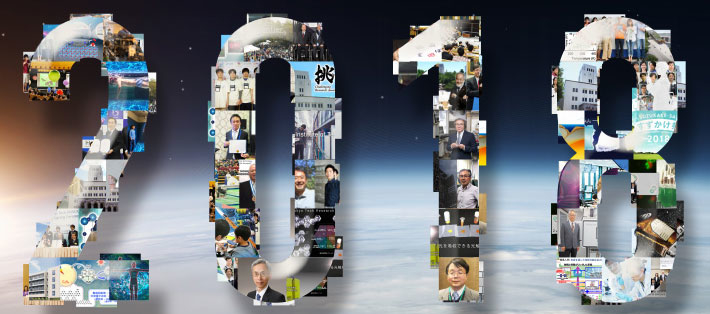
Tokyo Tech Review 2018
Check out our 2018 highlights in year in review through showcase of videos and photos
Research
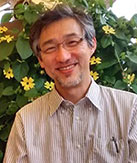
When less is more: A promising approach for low-cell-number epigenomic profiling
Scientists at Kyushu University and Tokyo Tech in Japan have developed a technique that enables analysis of DNA-protein interactions using very small numbers of cells, ranging from 100 to 1,000. Their method could capture previously unexamined epigenomic information, facilitate biomarker discovery and open new avenues for precision medicine.

ELSI of Tokyo Tech opens a path for a philosopher
I had never dreamt of working at a science institute surrounded by the best scientists in the world who are at the forefront of unlocking the fundamental questions concerning the origins of life. That is why it was really quite dreamlike when I was employed as the first philosopher at ELSI.
In the spotlight
. Any information published on this site will be valid in relation to Science Tokyo.






